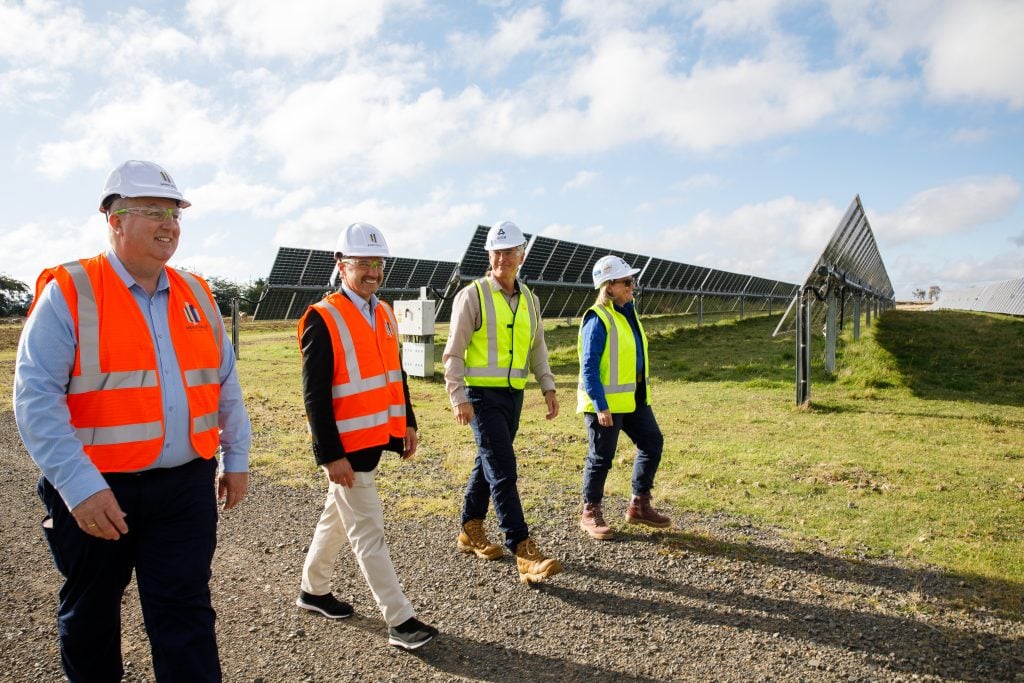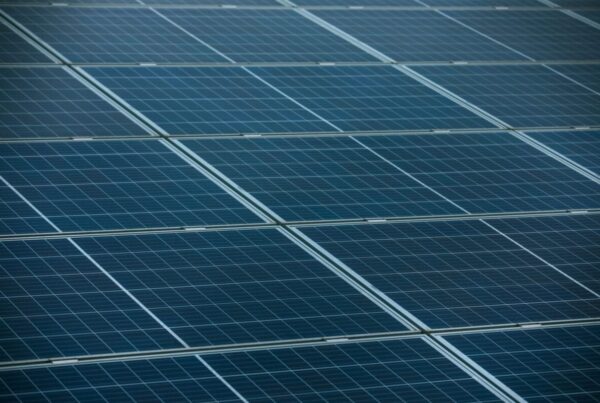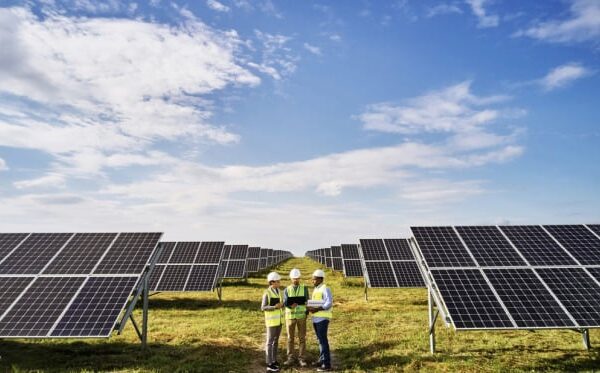
Acen said an expanded switching yard is required to connect the BESS and second stage of the solar project to Transgrid’s transmission network. Operation on the New England solar PV power plant started in March 2023.
The solar PV plant is divided into two stages. The first stage features a 400MW PV plant and is currently operational; the second stage will add a further 320MW, with this expected to come online in 2026. This project supplies energy to Japanese-owned drinks company Asahi Beverages and not-for-profit care company BaptistCare via a power purchase agreement inked in July 2024.
Acen confirmed that the 400MWh BESS will be co-located on the first stage of the New England solar PV plant. Acen has approval for a total of 1,400MW/2,800MWh of energy storage for the project.
Lumea, the commercial arm of Australian transmission system operator Transgrid, is conducting the BESS connection. The final commissioning is expected to take place by mid-2026. It is worth noting that Lumea is also conducting grid works for the 1.6GWh Melbourne Renewable Energy Hub BESS in Victoria.
The project is located within the New England Renewable Energy Zone (REZ) and near another solar-plus-storage proposal the developer is pursuing. The proposed 320MW Deeargee solar PV power plant will be located 12km southeast of the township of Uralla and around 5km south of the New England site.
It will feature a BESS with ‘a capacity of up to 1,400MWac two-hour energy storage, which may be configured as 700 MW four‑hour energy storage,’ Acen wrote in its Environment Protection and Biodiversity Conservation (EPBC) Act application.
The proposed project will cover 1,544 hectares of land currently categorised as predominantly freehold. Acen confirmed it has entered into agreements with the landholders for the site.
To read the full article, please visit our sister site Energy-Storage.news.





